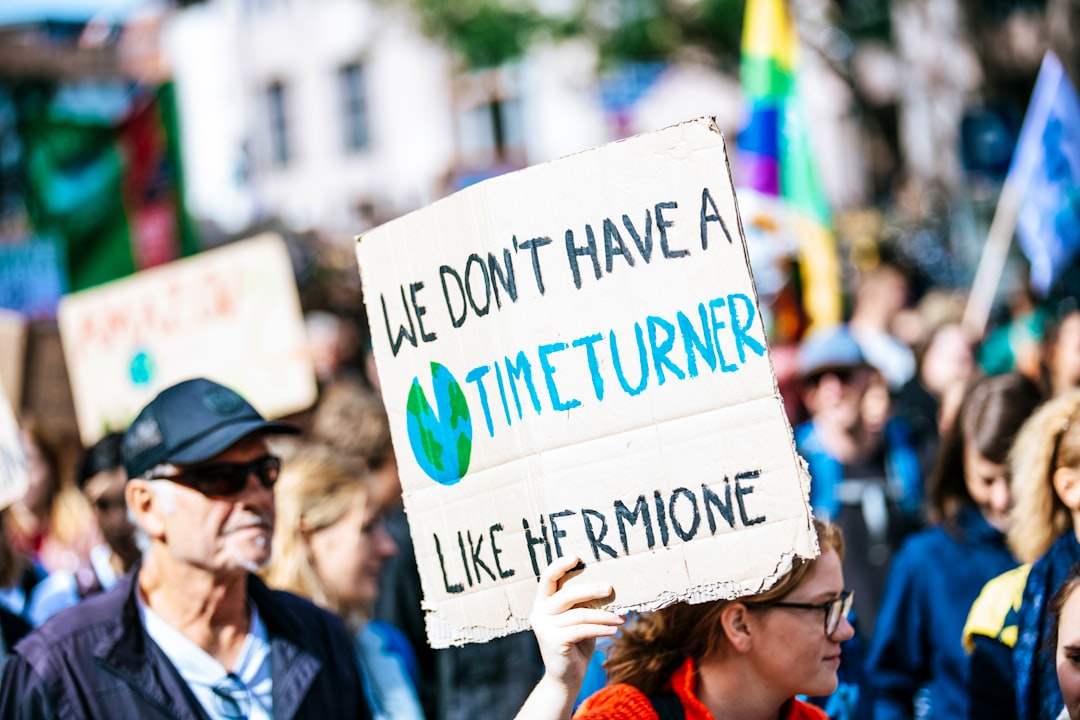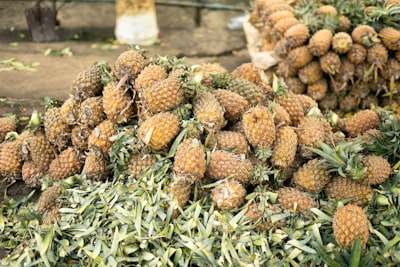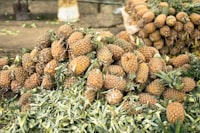Policy analysis
Menghubungkan yang Tak Terhubung: Pelajaran untuk Meningkatkan Internet Cepat dan Reliabel dari Kabupaten Sumba Barat Daya
Pemerintah Indonesia telah memprioritaskan konektivitas digital yang inklusif demi meningkatkan kemakmuran ekonomi negeri ini. Terlepas dari sejumlah kemajuan yang telah dicapai dalam mewujudkan transformasi digital yang inklusif, Indonesia masih menghadapi kesenjangan digital (digital divide) antar daerah.
Indeks Pembangunan Teknologi Informasi dan Komunikasi (TIK) yang dibuat oleh Badan Pusat Statistik (BPS) (2021) menunjukkan adanya kesenjangan besar dalam hal akses dan infrastruktur, penggunaan TIK, serta keahlian TIK antara Indonesia wilayah barat, khususnya Pulau Jawa, dan sebagian besar wilayah timur. Indeks Pembangunan TIK di wilayah-wilayah timur, seperti Nusa Tenggara Timur (NTT) dan Papua, masih relatif rendah, dengan nilai yang berkisar pada 3,35 hingga 5,00 dari 10,00 (nilai dari 2,25 hingga 5,00 termasuk dalam kategori pembangunan TIK rendah) untuk periode 2020–2021. Sementara itu, daerah-daerah yang lebih berkembang—Jakarta dan Yogyakarta—memiliki nilai di atas 7,00, dan Jakarta menjadi satu-satunya provinsi dengan nilai lebih tinggi dari 7,5. Ketiadaan konektivitas internet yang berkecepatan tinggi dan dapat diandalkan bagi masyarakat miskin di perdesaan dapat memperparah ketimpangan. Maka dari itu, perhatian terhadap daerah-daerah yang terbelakang harus dijadikan prioritas utama dalam agenda pemerintah agar dapat mencapai transformasi digital yang inklusif.
Kementerian Komunikasi dan Informatika (Kemenkominfo) perlu meninjau ulang strategi yang saat ini digunakan untuk memastikan kemudahan akses internet bagi daerah-daerah terpencil dan perdesaan di Indonesia. Peraturan Pemerintah (PP) No. 46/2021 tentang Pos, Telekomunikasi, dan Penyiaran ditujukan untuk meningkatkan investasi swasta di sektor telekomunikasi. Namun, berbagai isu yang ada pada Badan Aksesibilitas Telekomunikasi dan Informasi (BAKTI), program-program infrastruktur TIK, dan peraturan daerah yang bertumpang tindih mengurangi kemudahan berusaha (ease of doing business) sektor telekomunikasi serta menghambat pembangunan TIK di daerah-daerah yang terbelakang.
Reformasi regulasi, dari tingkat pusat hingga daerah, dibutuhkan untuk menguraikan berbagai isu yang ada. Dari sisi penawaran, para penyelenggara telekomunikasi mengkhawatirkan rendahnya keuntungan dari investasi pada penetrasi pita lebar (broadband) di daerah-daerah yang terbelakang. Dari segi permintaan, masyarakat perdesaan lebih tidak mampu menjangkau internet pita lebar tetap (fixed broadband) daripada pita lebar bergerak (mobile broadband).
Banyak praktik yang dijalankan pada tingkat pemerintah daerah menghambat pembangunan TIK akibat adanya biaya-biaya yang tidak berlandasan jelas serta rumitnya prosedur pungutan dan perizinan daerah. Makalah ini juga menyoroti kelemahan BAKTI dalam hal transparansi dan kolaborasi dengan pemangku-pemangku kepentingan yang relevan dalam melaksanakan program-program digital dan TIK.
Makalah ini menyajikan sejumlah rekomendasi terkait perluasan akses internet berkapasitas dan berkecepatan tinggi melalui teknologi fixed broadband ke daerah-daerah perdesaan yang kurang terjangkau (umumnya disebut sebagai daerah tertinggal, terdepan, dan terluar, atau daerah 3T). Dengan mempelajari studi kasus unik dari Kabupaten Sumba Barat Daya, makalah 10 ini merekomendasikan agar (i) Kemenkominfo dan BAKTI, sebagai pemimpin sektor digital, merumuskan peta jalan investasi terpadu melalui pendekatan partisipatoris yang bersifat bawah ke atas (bottom-up); (ii) Kemenkominfo dan BAKTI membentuk kelompok kerja TIK guna meningkatkan kolaborasi dan transparansi; dan (iii) Kemenkominfo, bekerja sama dengan kementerian-kementerian yang relevan, menghapuskan aspek-aspek yang menghambat kemudahan berusaha dalam pungutan dan perizinan daerah bagi sektor telekomunikasi dengan menyediakan pedoman yang jelas kepada pemerintah daerah.
















































